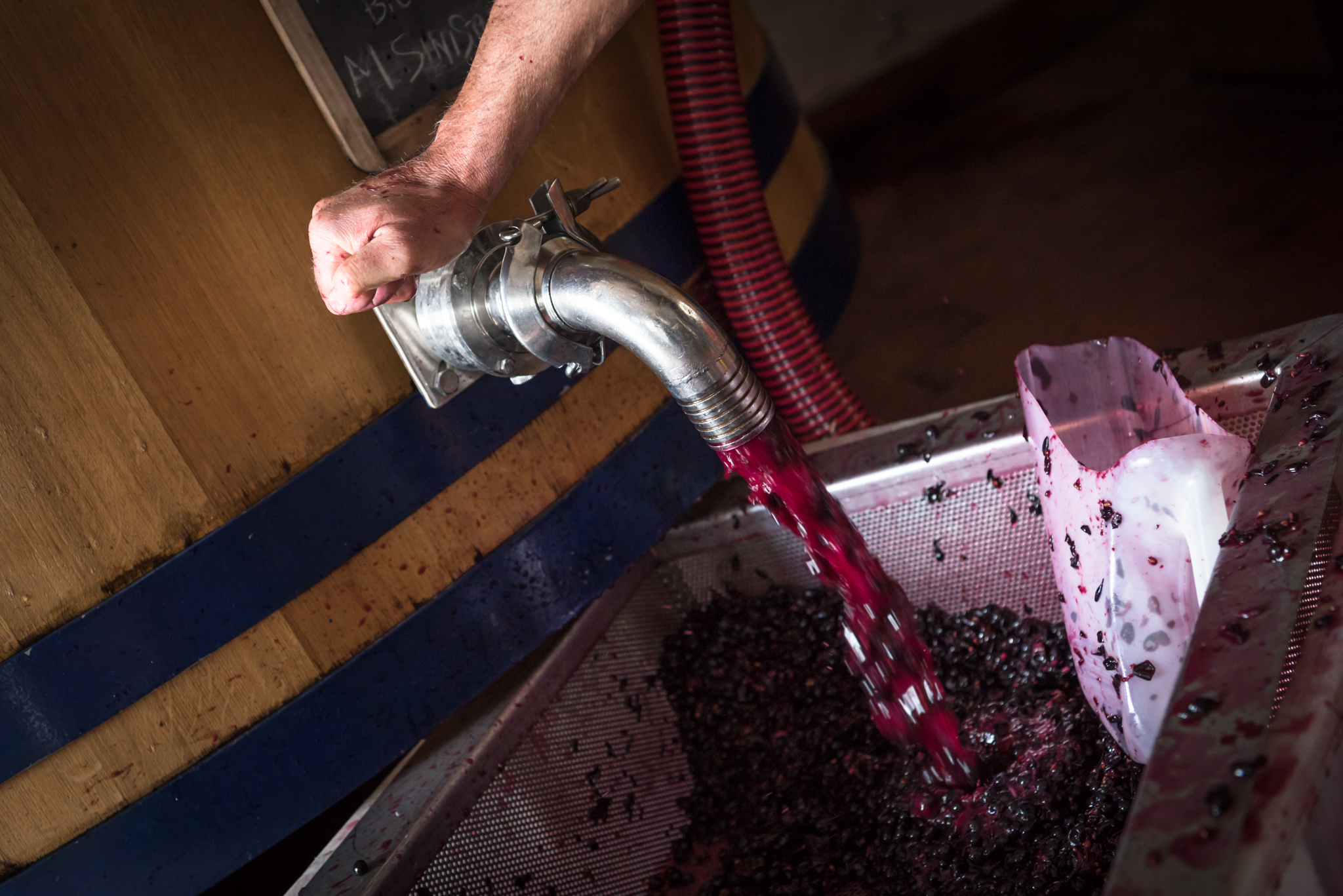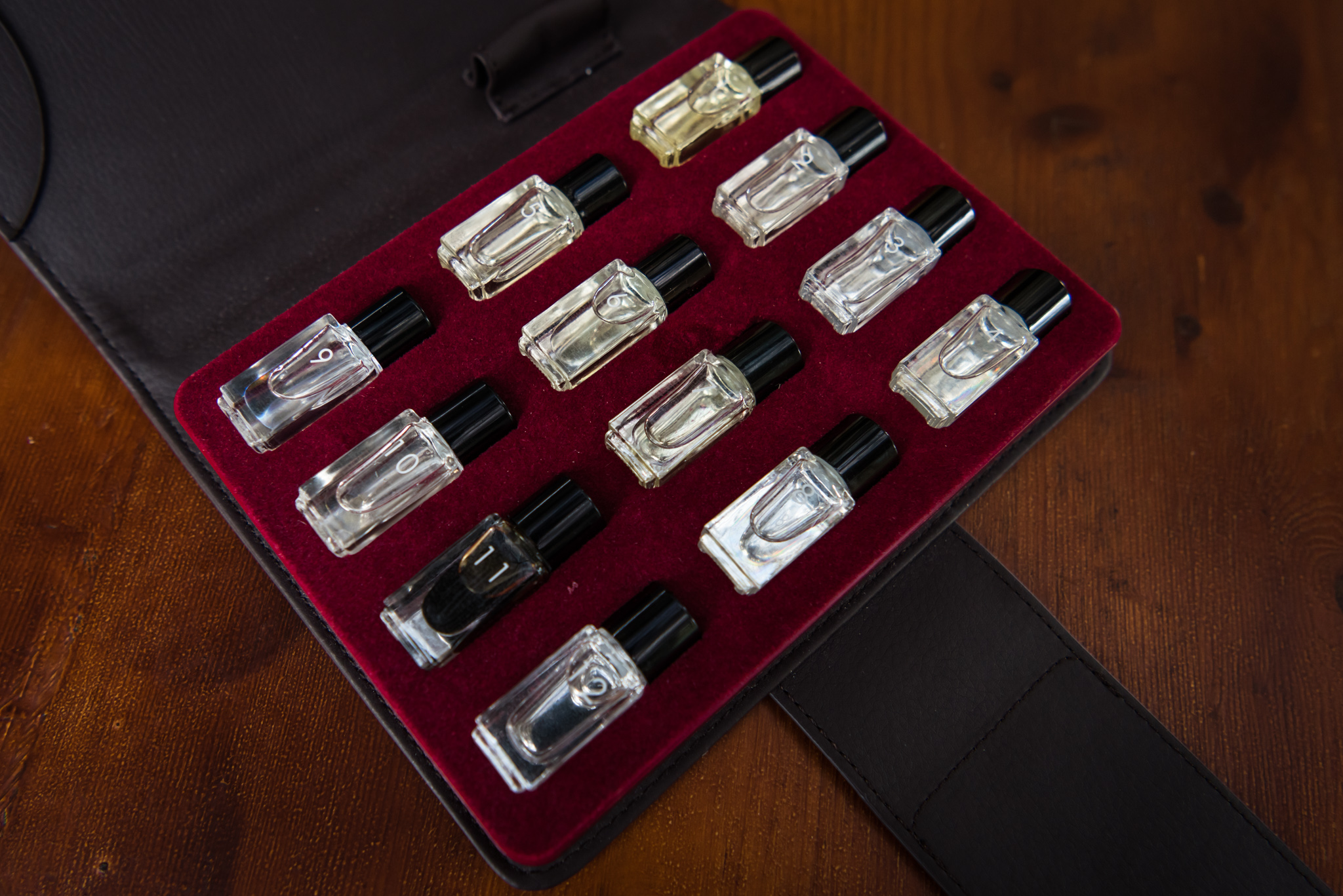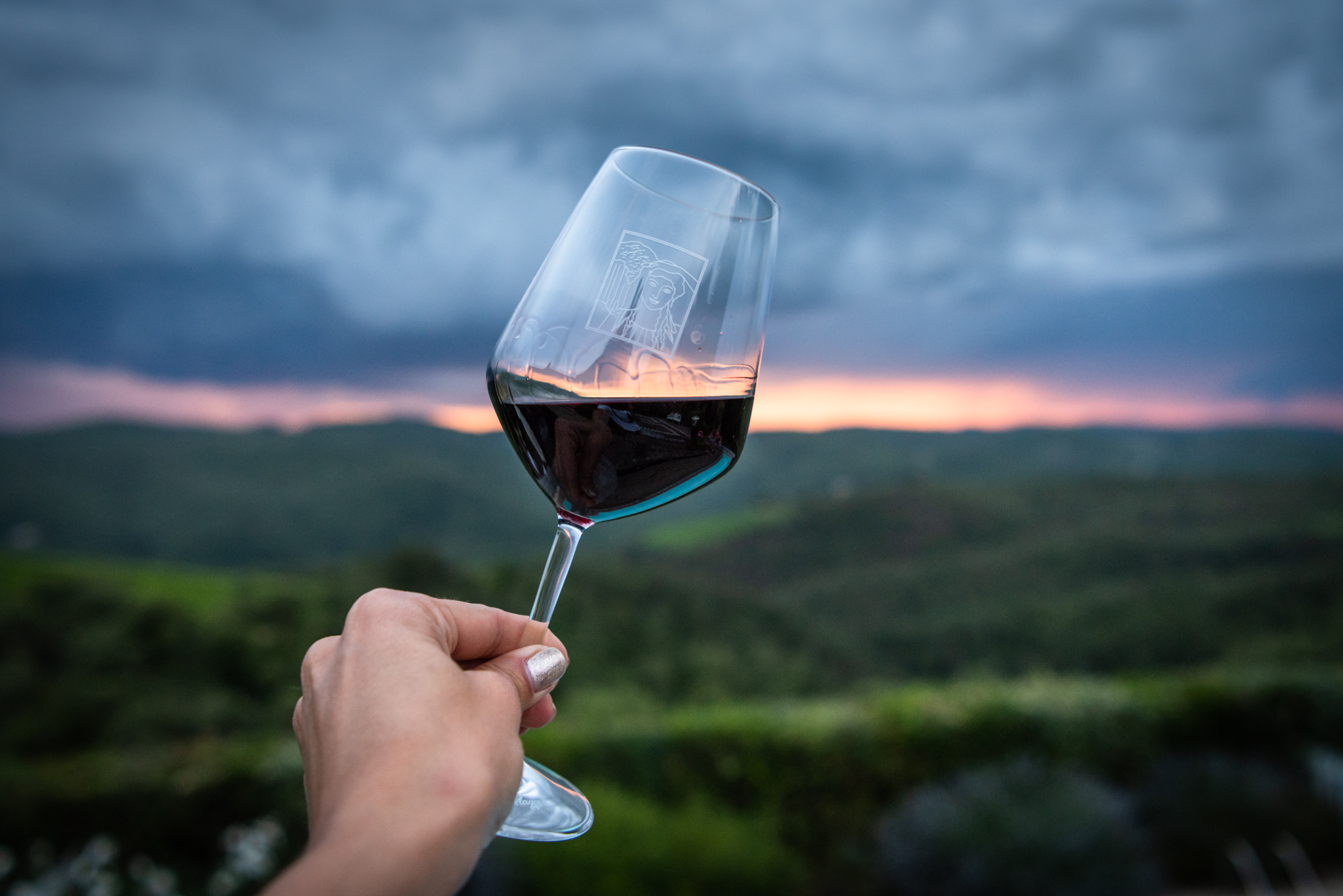Why Your Senses Are Important To Wine Tasting
If you’re not a wine connoisseur, it’s likely that you are probably not enjoying the full complexity of a fine wine.
Most people have underdeveloped senses when it comes to wine tasting.
Like any other art, wine tasting should be practiced to be fully appreciated.
The majority of people think wine tasting is difficult and make the mistake of believing that a good wine is determined by price.
In truth, wine is tested and classified using the senses; sight, smell and taste.
However, knowing how to use those senses to determine what type of wine you want to enjoy, is the best way to experience and appreciate wine.
Our eyes, nose, and palate are all used in wine tasting. Without using each of them, we are missing out on the full taste of any wine.
Look At The Wine
Looking at the wine is the very first act of enjoying wine. Hold your glass up against the light and really look at it.
Looking at wine gives you a sense of its color. The color of a wine can tell a lot about how it will taste.
The color of a wine comes from contact with the grape skins after the grapes have been juiced.
The longer the wine comes in contact with those skins, the more those skins will impart their color on the wine. Smell the Wine
Smell the Wine
A wine’s taste can change after being poured and sitting for a bit of time.
After the wine “breaths”, identify whether it smells like fruit, herbs, citrus, or earthy.
You’ll often see people swirl their wine in the glass.
Since most of the enjoyment of wine comes mainly from aromas, swirling the wine will introduce air, potentially releasing more of those aromas.
These aromas will rest in the bowl of the glass as you raise it to your nose.
The smell of a wine will depend on the grapes that were used to create it. Taste the Wine
Taste the Wine
When you smell wine, you prepare your brain for the wine you’re about to taste.
There are only three flavors that exist with wine- sweet, sour, bitter.
Our sense of smell has an intellectual effect on the way our brain processes flavor.
To better understand just how profound our sense of smell is, hold your nose and then put a grape in your mouth and start to chew.
Halfway through chewing, let go of your nose and notice how much more you taste when you have your sense of smell. This is why smell is so important when it comes to tasting a wine.
This is why smell is so important when it comes to tasting a wine.
Your tongue plays a big part of the tasting process. How does your tongue perceive the wine? Sweet, sour, bitter? Use your tongue to get a texture for the wine as well.
By trying several varieties of wine, you can determine which wines you like best.
Keep in mind that your senses are subjective. What you like about a particular wine someone else may not.
The next time you have a glass of wine remember, slow down, use all your senses and relish in the sight, smell, and taste of it.
